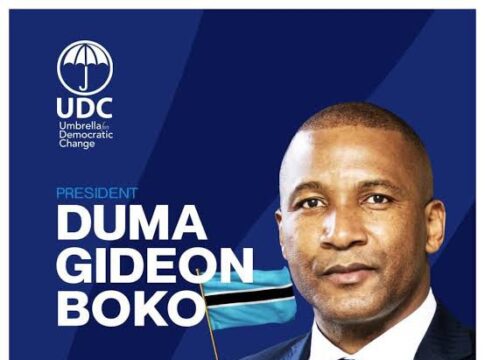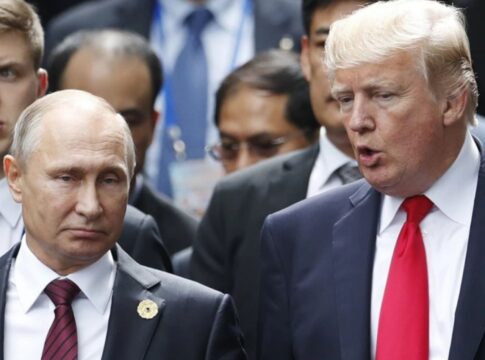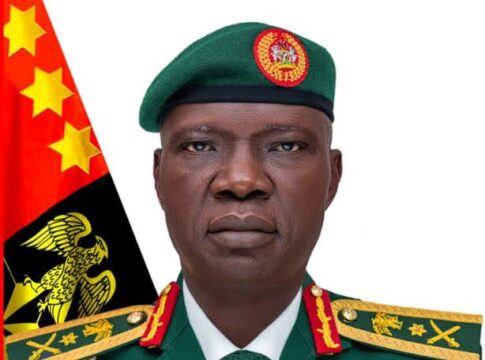Botswana has achieved a landmark transition, showcasing the resilience of its democratic values as Duma Boko took office following a seamless handover of power from outgoing President Mokgweetsi Masisi. After ruling for nearly six decades since the country’s independence, the Botswana Democratic Party (BDP) ceded control, with Masisi setting an example of gracious leadership. “Botswana has sent a message to the world that democracy is alive here,” said Boko, visibly moved by the smooth process.
The change in leadership marks a new era in Botswana’s political history, where respect for democratic processes prevails over partisanship. Masisi’s actions resonated widely, affirming his commitment to the nation above personal or party gains. “He’s a man who believes in the ideals of proper democracy,” Boko stated, acknowledging Masisi’s honorable concession even before all results were officially tallied. Masisi, whose BDP lineage extends back to Botswana’s founding president, accepted defeat as a natural part of democracy, saying, “The people spoke in their numbers.”
READ MORE: New Conservative Leader Kemi Badenoch Brings Nigerian Heritage to UK Politics
This peaceful transition aligns with Batswana’s values and wishes, as a recent Afrobarometer survey highlighted. Over 84% of citizens expressed a strong desire for politicians to work collaboratively with the victorious party to propel the nation forward. Only a small fraction—14%—felt opposition parties should focus solely on accountability and criticism. Masisi, pledging not to run again, met with various groups, including the armed forces, to promote stability and unity, emphasizing Botswana’s commitment to democracy.
Masisi’s exemplary behavior shows a shared belief in the importance of national cohesion, as the country moves toward a new chapter with Boko’s leadership. The transition’s success, a rarity in African politics, positions Botswana as a model of democratic integrity, sending a powerful signal across the continent.




